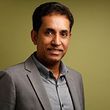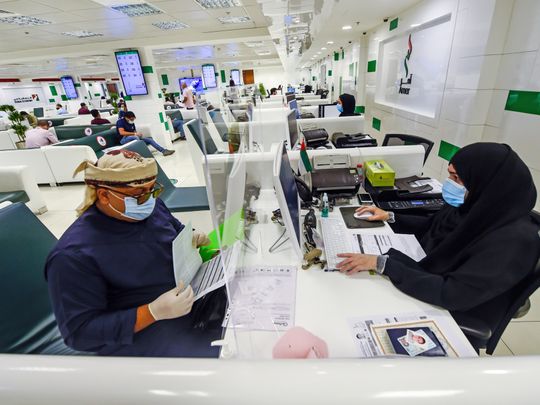
Dubai: Doctors in Dubai have allayed public fears over the possible dangers of wearing face masks for long periods of time as business activities resume and residents begin to return to their workplaces.
The advice comes a day after the authorities issued fresh guidelines on who should be wearing a mask, where and when. On Saturday, the Supreme Committee of Crisis and Disaster Management in Dubai, headed by His Highness Sheikh Mansour Bin Mohammed Bin Rashid Al Maktoum, announced that all members of the community must wear face masks outside their homes at all times, with some exceptions.
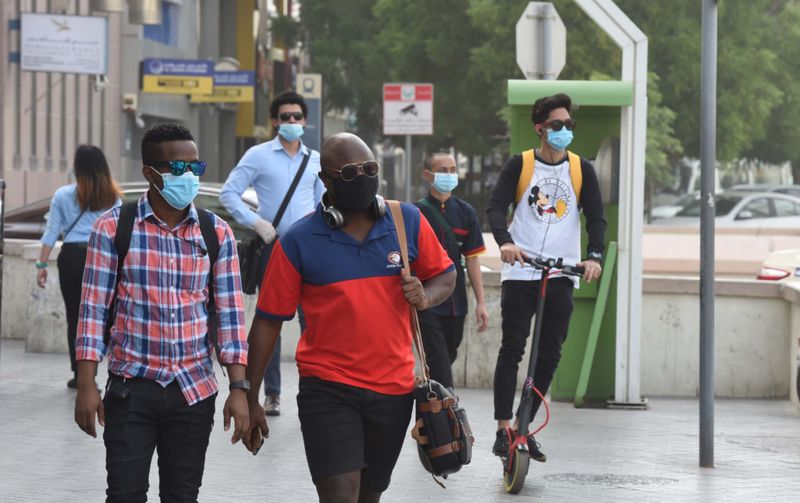
However, not all office-goers are comfortable wearing a mask continuously for nine-10 hours while they function from their workplaces after weeks of operating from home. When Gulf News spoke to specialist doctors to ascertain the implications of prolonged use of masks, Dr Salvin George, Specialist – Internal Medicine, Medcare Hospital, Al Safa and Dr Ali Anwar, Specialist Pulmonologist, Aster Clinic, Bur Dubai, said the fears are largely misplaced. Here’s why:
With offices reopening, many people are reluctant to resume work because they are afraid to wear a mask for nine-10 hours. Are these fears justified?
The ill-effects of wearing mask have come under scrutiny lately in social and medical circles. Masks have not been recorded to produce any ill-effects in the long term. Wearing a surgical or fabric mask during work is acceptable for work hours stretching eight to 10 hours.
Some people complain of breathing difficulty …
There are no serious dangers of wearing face mask though some people may face slight breathing difficulty and suffocation after wearing a mask for long hours. They tend to touch their face frequently which needs to be avoided during this COVID-19 crisis. Also, the exhaled air may cause eye irritation, leading to itching and an impulse to touch your eyes. Communication with the face mask on may be compromised. But that is something that one needs to work around.
Is it true that that prolonged use of face masks can result in hypercapnia?
This is NOT true. There has been no documented case study to this effect so far.
Hypercapnia is a condition when a person has too much carbon-dooxide in their bloodstream. It happens when there is hypoventilation or when the person is unable to breathe properly or is unable to get enough oxygen in the lungs.
N95 masks, being tight fitting and less porous, can sometimes result in hypercapnia during prolonged use due to rebreathing. Clinically significant health effects have, however, not been documented. Many staff have noticed headache and dizziness after prolonged use which tend to improve when resting in a well-ventilated area.
What kind of mask is recommended for use at a general workplace?
Wearing N95 mask should be reserved for employees working in high-risk areas like hospitals, airports and COVID-19 testing centres.
Three-layered surgical masks can be worn by others throughout their entire shift.
How frequently should masks be changed?
Single use face masks should be changed every four-five hours or if they become damp. Reusable cloth masks need to be washed every day before use. Respirators, of course, last for 24 hours.
How do health care professionals manage with their masks on all the time?
Health care professions usually use N95 respirators at work which have a exhalation port so these masks can be used for very long hours.
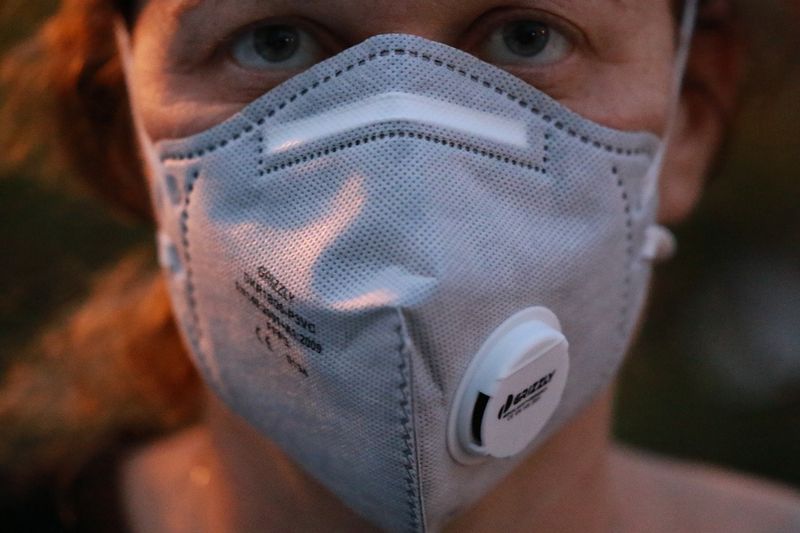
The medical fraternity has been using masks for long periods of time since time immemorial. Doctors who work in operation rooms and intensive care units have been working with masks throughout their entire shifts lasting up to 12 hours. Hospitals tend to rotate staff every four hours while dealing with COVID-19 patients in intensive care areas to give them relief from continuous use of N95 masks and tight PPE.
When can face masks pose a danger?
The main focus of the ill-effects of the mask has been on those who require to wear it during exercise and sports at gyms and fitness centres.
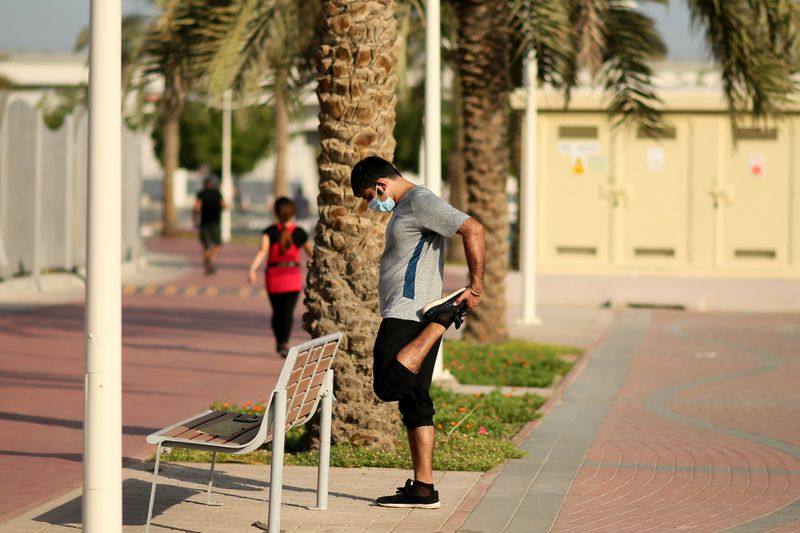
So what do you recommended in these situations?
People who exercise can wear dust masks which are often made of thin porous fabric which are designed to filter out dust particles and not viruses. However, they would still be useful to prevent transmission from an infected person and breathing is not hampered during high intensity workouts. They are often called bicycling masks.
Not wearing a mask in public places, including the gym, on the pretext of developing side effects would be unacceptable during this pandemic.
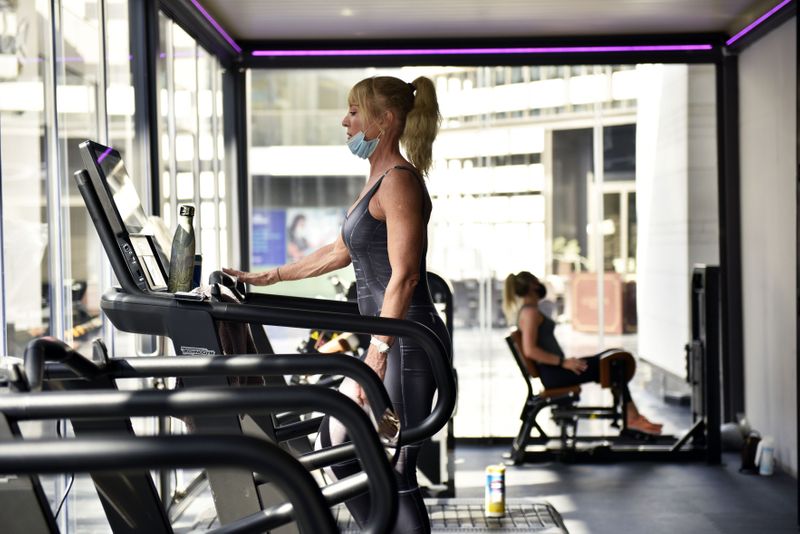
Since face masks are a must at workplaces now, what advice would give people?
First, avoid touching the mask or adjusting it repeatedly. Carry extra masks – and gloves - with you. Change the mask if it becomes damp. Do not leave it lying around, make sure it is disposed off safely. Workplaces also need to promote respiratory hygiene and hand washing on a frequent basis. Adequate social distancing too must be followed.
THE NEW GUIDELINES ON FACE MASKS
Who is exempted from wearing masks?
• Children under the age of six
• People of determination with cognitive, intellectual or sensory disorders or any impairments that hamper their ability to breathe or communicate, as well as those for whom masks can lead to sensory triggering (This should be confirmed by a medical report).
• Individuals who require supplemental oxygen or have severe respiratory conditions, who cannot breathe safely or have difficulty breathing with a mask, are also exempted (This should be confirmed by a medical report)
What happens if someone outside these categories doesn't wear a mask?
Wearing a mask for all other categories is mandatory. If there is a violation, a Dh3,000 fine is applicable.
When can a mask be temporarily removed?
According to the guidelines, the public can remove their face masks temporarily outside the house strictly only under the following conditions:
• When driving the car alone or in the presence of the same household members.
• While eating or drinking in indoor and outdoor settings, for example in restaurants. The public must however maintain the required physical distance with others.
• When engaging in strenuous indoor and outdoor exercise or high intensity workouts, as it may exacerbate known or unknown health conditions. Physical distancing must be observed at all times.
• While being alone with no people around - for example, in a private office setting.
• When the risks associated with wearing the face mask outweigh the benefits, for example while swimming or skydiving.
• While undergoing specific treatments that require removal of masks, such as dental work and eye, nose, and throat examinations, as well as other related treatments or examinations including those involving hair and beauty.


